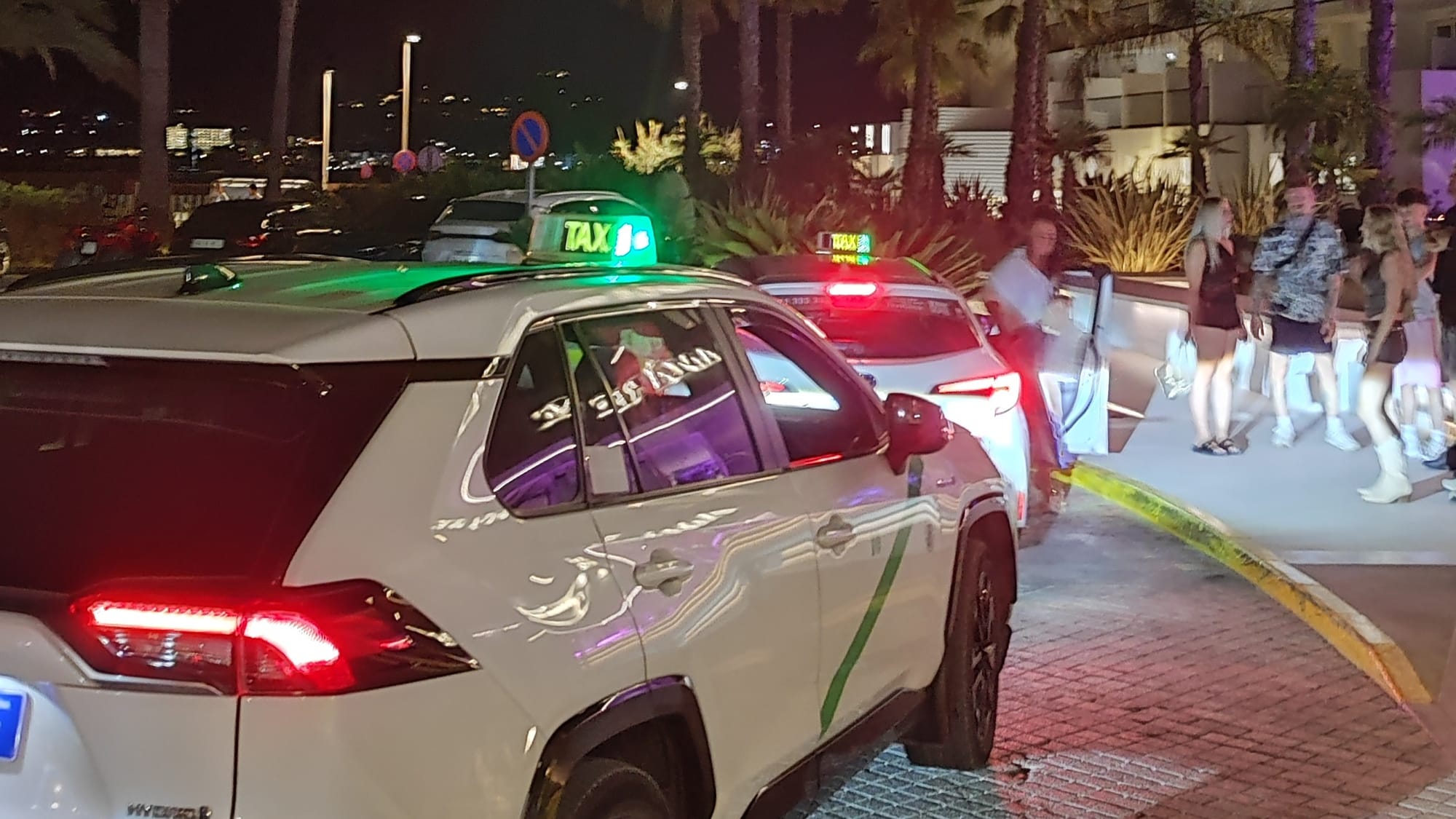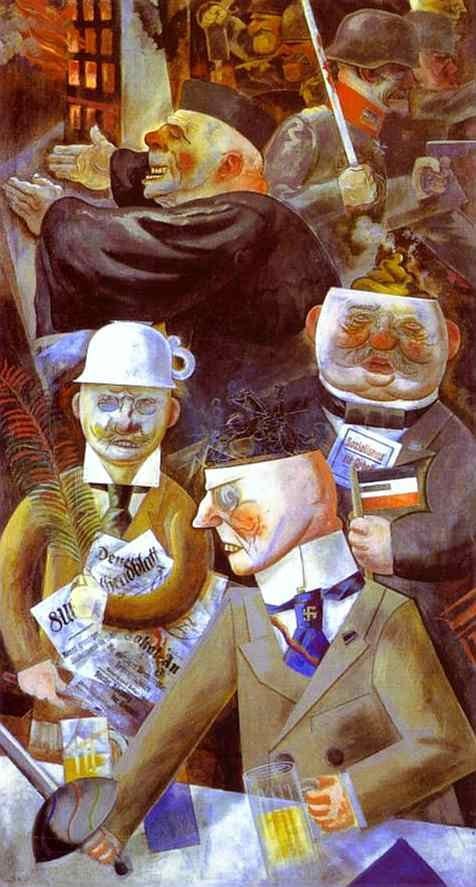What the Ibizan taxi market says about government intervention
A holiday case study in scarcity, protectionism and poor outcomes

Picture this, it is a beautiful balmy evening just outside San Antonio, Ibiza. You have spent the day by the beach or pool soaking up the beautiful Balearic sunshine.
As one might, you ramble down to reception or order a cab into the centre of town, or one of the other myriad towns around the island for dinner. At reception, the booking is efficient, you are added to a waitlist immediately. The wait time until the taxi arrives is an altogether different story. The estimated wait time is one hour.
The actual wait time is hours long. As the early evening stretches into 8pm onwards, the queue of tourists waiting on collection has grown and dozens are waiting around. With little public transport on the small island there is little option but to wait.
"It is rush hour"
Of course, in the high season there is high demand. The population of the island quadruples over peak months to 450,000. The go to reasoning for the endless queues (and wasted time) is it is incredibly busy and a peak travel time. Yes, flagging a taxi during the day is usually no problem but the explanation seems shallow.
Given the magnitude of the wait times and what is a dysfunctional market, the usual easy explanations do not quite pass the smell test. How could the service be this poor?
Yes, the population swells, and Ibizan taxi drivers benefit handsomely. Does this really explain it though? There are lots of things on the island like restaurants which operate without any dysfunction. Within reason, one can eat out at one of the myriad restaurants around the island at various price points. Visitors have flexibility and choice.
Diagnosis
Without too much digging, it becomes apparent that the taxi licensing system on the island is highly regulated (and politicised). New taxi licenses have to be approved by local government, and supply is tightly restricted. Private taxi firms or Uber are not permitted to operate on the island.
Even seasonal licenses are sparsely approved. The result is government-induced scarcity, or artificial scarcity over peak summer months.
This government-induced cap makes it more expensive to hire a cab, as demand far exceeds supply. This system thus creates winners, usually the existing taxi lobby and local government bureaucrats who have no incentive to improve the industry.
While the losers are tourists, locals and the reputation of Ibiza. The license cap also has an unseen consequence as it forces potential drivers/new entrants out of the workforce.

Government: 'protecting' an industry... or protecting insiders?
From healthcare, to street cleaning, to transport, politician's usual go-to argument for regulation is the premise of 'safety'. We can't have the private sector involved in say hospitals because the 'greedy' owners will take advantage of people.
This is the same for taxis. Unfortunately the current approach has led to a black market arising which causes the very thing the bureaucrats are trying to prevent.
As an aside, this is an example which shows how governments have an inherent paternalistic view. In that its citizens are not smart enough to establish a market place, so it must be imposed upon them by bureaucrats.
However a free market is the best regulator. An alternative approach would be to have a market place of distributed incentives. Ideally there would be several taxi license operators/issuers who have delegated authority to issue licenses. Each one of these bodies would be incentivised to have the best training and vetting processes to attract the most drivers.
Drivers would want to become members of the best body, the one most highly regarded for its training.
Insurance companies would be incentivised to only insure highly trained and experienced drivers, with no history of driving infractions or a criminal record.
Drivers (and maybe they form a group) compete on service and price. Perhaps they build a recognisable brand that tourists and locals can come to rely on.
Consumers benefit as there is no longer a chronic shortage of taxis. Supply increases to meet demand. Maybe some consumers pay higher prices for premium services. New drivers now have gainful employment.

Of course, this is a light sketch, and maybe the ideal market solution is something that looks different to this. With government in effect monopolising the industry, we are not to know. In effect, we are not permitted the freedom to choose.
A broader point
The illustrative point of this post is to show that for even a straightforward industry like the taxi trade, the government involved itself and has created manifest problems and special interest groups. Tourists lose out, as they have to spend a disproportionate amount of time (waiting) and money in getting from A to B.
Over time, the island will be worse off as tourists decide to holiday elsewhere. Where transport is easier to navigate and cheaper.
Yes, taxi license holders have spent hundreds of thousands of Euros on licenses, and they would see this 'asset' depreciate if caps were lifted. However the obvious retort to that is these values are inflated at the expense of Ibizan tourists and locals in the first place.
Whilst this example of government meddling may seem trivial, it is clear what the solution is (more taxis). Ultimately Government interference distorts outcomes and creates dysfunction.
Ask yourself, if government has this effect on a fairly simple to understand industry – what adverse impact and unseen consequences can bureaucrats have on housing, energy or healthcare.





